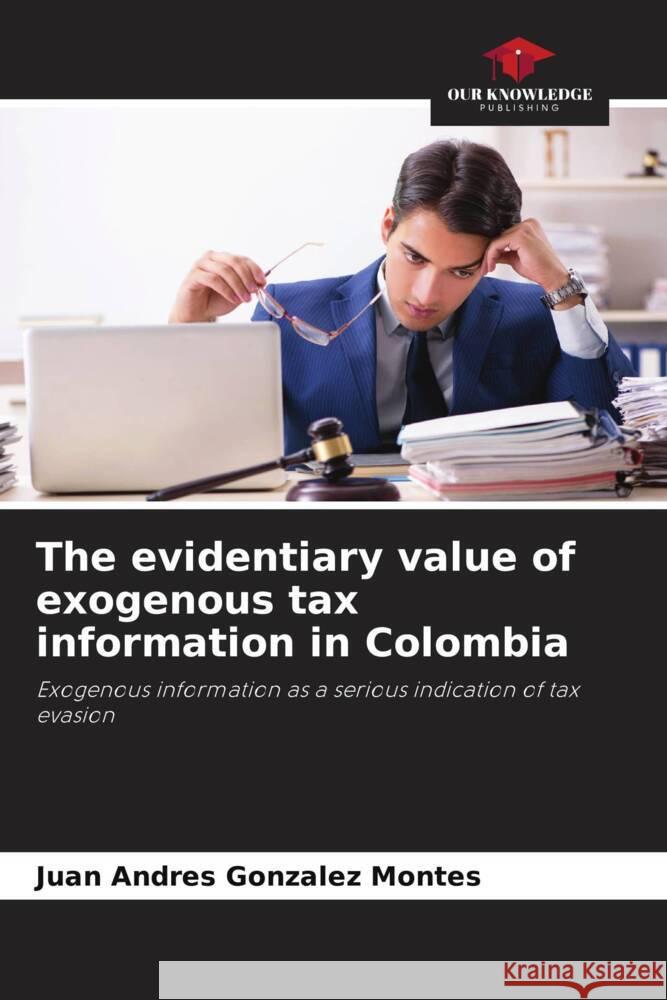The evidentiary value of exogenous tax information in Colombia » książka
The evidentiary value of exogenous tax information in Colombia
ISBN-13: 9786206463269 / Angielski / Miękka / 52 str.
The evidence is the tool that allows the tax administration to clarify the facts subject to controversy, reaching a conviction regarding the reality itself that allows it to rule in justice, which is the result of a critical, deep, judicious and free of vices analysis, which allows it to believe that the solution of the conflict coincides with the truth of the facts. Thus, exogenous information is an evidentiary element and, as such, is subject to the principle of publicity and contradiction. Depending on the way the facts of the tax discussion process are developed, such evidence, in certain cases, may be a direct input of the ruling by the jurisdiction against the taxpayer, since the lifting of the presumption of truthfulness of the tax returns, in harmony with the application of the judgment of valuation of the evidence provided by the taxpayer, turns the exogenous information into conclusive evidence of tax inaccuracy. In addition, when the relationship between the indicator fact and the indicated fact is so close, it allows to have certainty of the violation of law.











